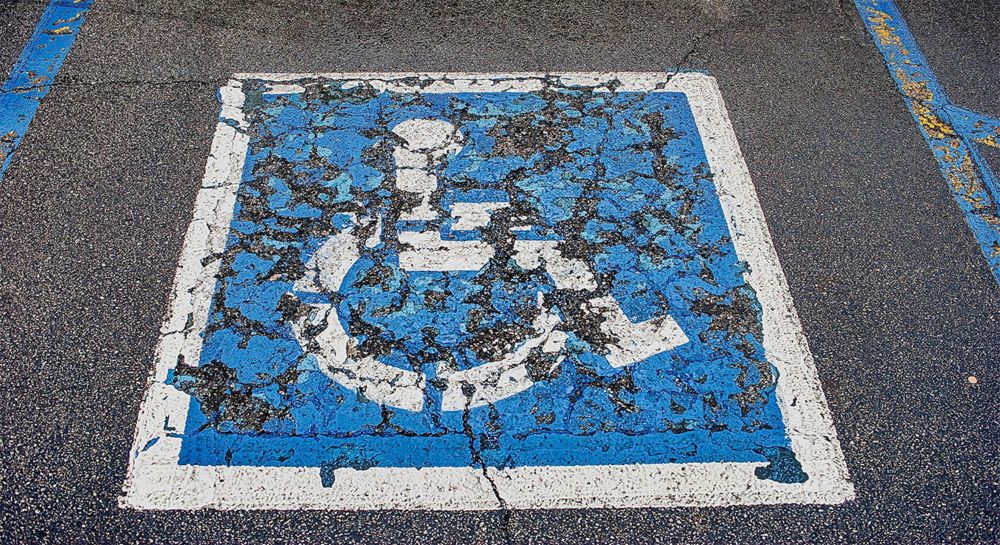by Paul Spicker — Reposted by: Gráinne McKeever
by Paul Spicker
by Paul Spicker
shows less poverty, less inequality, better social provision.
by Paul Spicker
*What is the welfare state for?* (2025) is about welfare states round the world, bristoluniversitypress.co.uk/trade/what-i...
*How to fix the welfare state* (2022) policy.bristoluniversitypress.co.uk/how-to-fix-t... is about Britain.
by Paul Spicker
by Paul Spicker

by Paul Spicker
by Paul Spicker
by Paul Spicker
by Paul Spicker
Reposted by: Paul Spicker
Reposted by: Paul Spicker
by Paul Spicker
by Paul Spicker
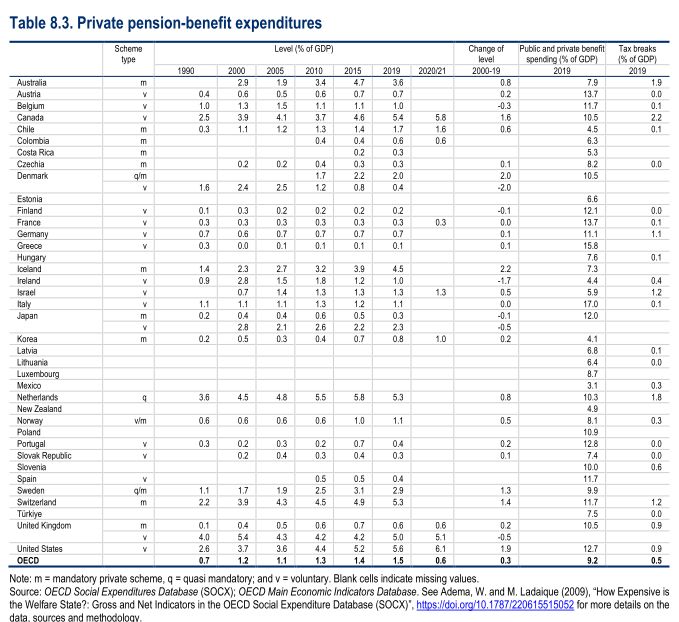
Reposted by: Paul Spicker
by Paul Spicker
observant-paulspicker.wordpress.com/2023/03/15/t...
Reposted by: Paul Spicker
by Paul Spicker
by Paul Spicker — Reposted by: Gráinne McKeever
Reposted by: Paul Spicker
by Paul Spicker
* IP laws are never just about creativity - they apply to science and data too.
* IP may impede creativity - eg intertexuality, pastiche.
* IP laws governing terms, succession and ownership are in a mess.

Reposted by: Paul Spicker
Receiving a decent disability benefits rate “encourages sickness”, does it? Funny, I thought it just enabled severely ill and disabled people to eat.
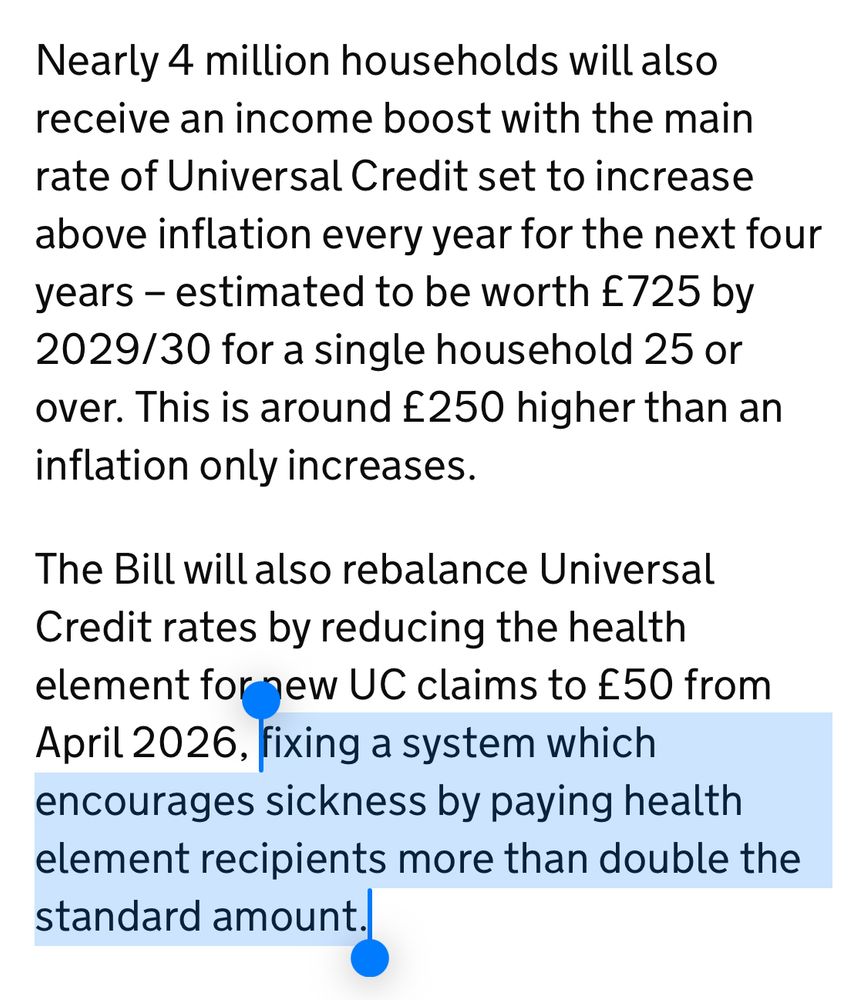
by Paul Spicker
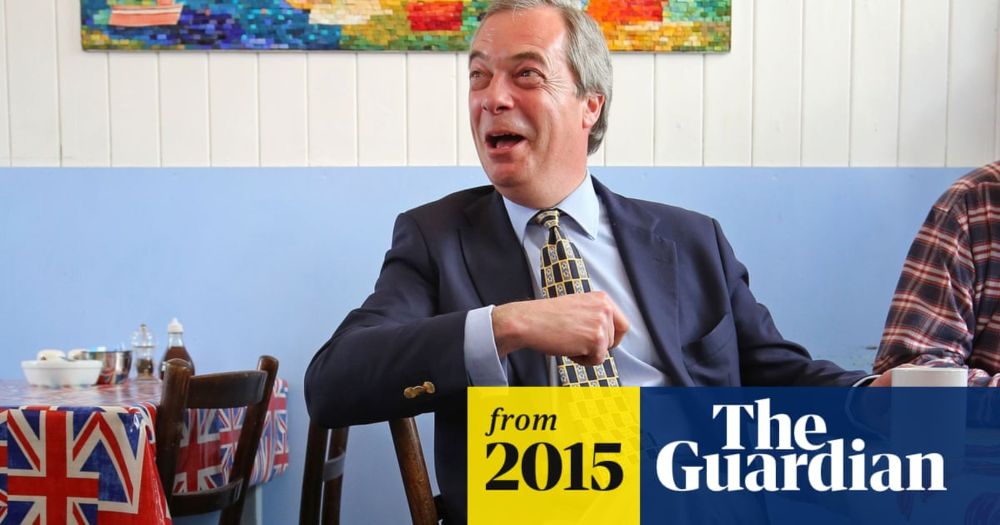
by Paul Spicker
by Paul Spicker
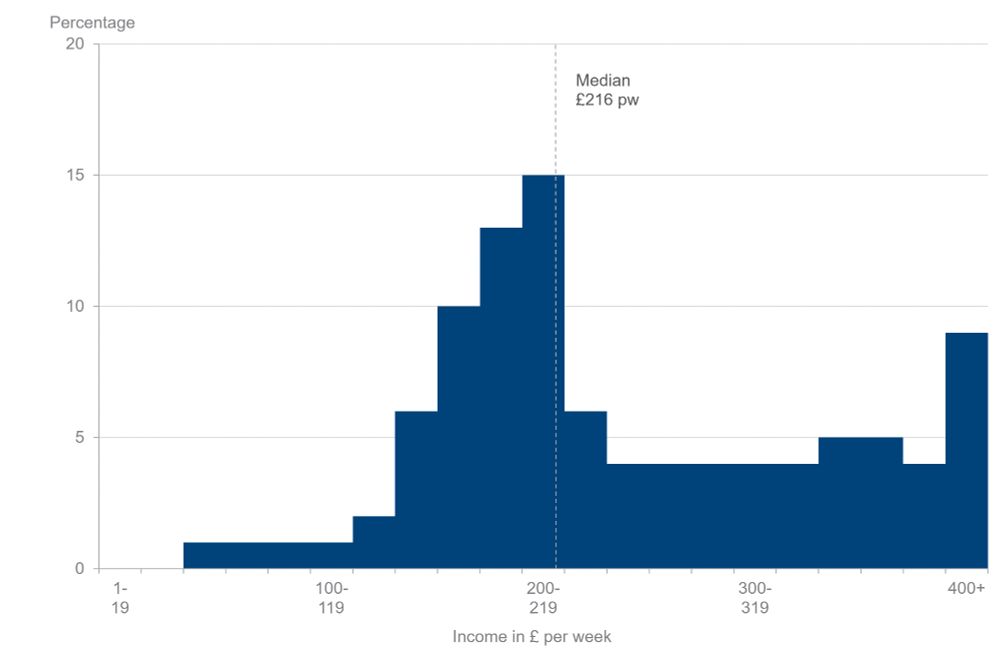
by Paul Spicker
by Paul Spicker
Their key points:
* Welfare spending is not out of control
* The tests are not easy
* It's not about fraud
* There's no disincentive to work
* Cutting benefits won't fix labour shortages
* Cuts won't help the economy

by Paul Spicker
'Concise and superbly written" (Daniel Béland)
"A brilliant critical contribution and powerful overview about how we got here and what is at stake" (Camilo Pérez-Bustillo)
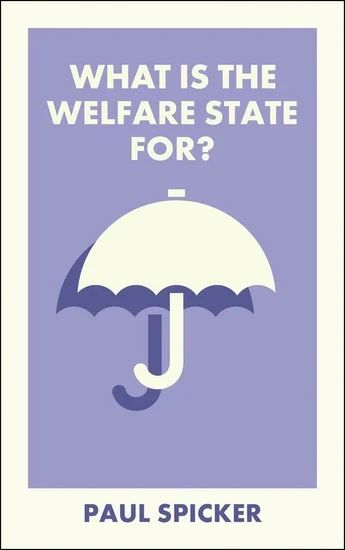
by Paul Spicker
by Paul Spicker
